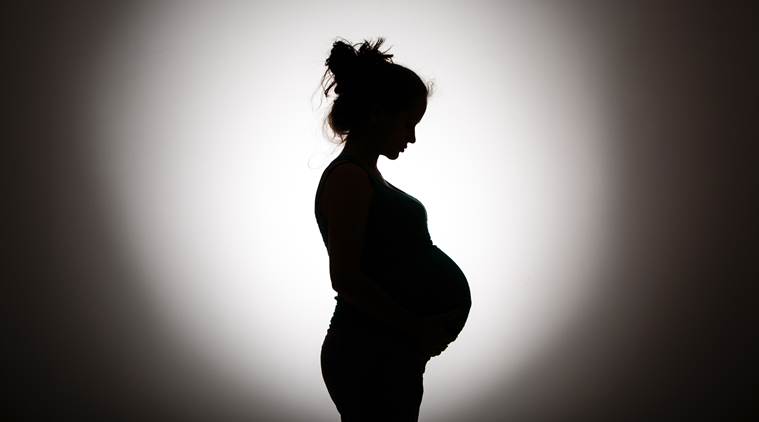If you are pregnant and feel sick, then consult your doctor immediately as your baby may also be vulnerable to coronavirus.

By Dr Sandeep Chaddha
No doubt, pregnancy is the most beautiful phase in a woman’s life. During this phase, women tend to experience immunological and physiological changes that often make them worry about theirs and the unborn child’s health. And, when the world is fighting the deadly coronavirus pandemic, the anxiety and stress levels increase in expecting mothers.
The virus, which originated in Wuhan, China in January, has rapidly spread across the globe, including to every state in India. With so many people getting affected by it irrespective of age and gender, It’s only natural to have questions about coronavirus and what it means for one’s pregnancy. Here’s what you need to know.
What is coronavirus?
Coronaviruses are a multiplying family of viruses, which lead to illness ranging from the common cold to severe diseases like Middle East Respiratory Syndrome (MERS-CoV) and Severe Acute Respiratory Syndrome (SARS-CoV). The coronavirus was only recently found to infect humans and scientists are still trying to learn about it. On March 11, WHO said COVID-19 is officially a global pandemic as over three lakh people across the globe have been tested positive.
How is this virus transmitted and what are the symptoms?
According to Centers for Disease Control and Prevention (CDC), Coronaviruses typically spread from an infected person to other people via respiratory drops that get into the air by coughing or sneezing, Close contact with an infected person, like touching or shaking hands, or touching a surface that has been contaminated with the virus and then touching your mouth, nose or eyes before you wash your hands can also spread the virus.
ALSO READ | Can a mother with COVID-19 infection breastfeed her baby?
Symptoms include:
-
Fever, cough and breathing difficulties.
-
In more severe cases, one may also get pneumonia, severe acute respiratory syndrome, kidney failure and even death.
What precautions should pregnant women should take?
-
Since pregnant women are immunocompromised, they are more susceptible to complications of respiratory infections, flu and if not treated immediately, it can impact their health severely.
-
Not only this, but pregnant women may also suffer from severe illness, morbidity and mortality compared to others. They have chances of getting other related coronavirus infections, including severe acute respiratory syndrome coronavirus (SARS-CoV) and Middle East respiratory syndrome coronavirus (MERS-CoV)) and other viral respiratory infections, such as influenza, during pregnancy.
-
A small study of nine pregnant women in Wuhan, China, with confirmed COVID-19 found no evidence of the virus in their breast milk, cord blood, amniotic fluid.
-
Though there is no evidence that suggests that pregnant women are at the risk of miscarriage or even of the virus passing to the developing baby while the mother is pregnant, the research is still going on.
ALSO READ | Coronavirus and pregnancy: Here’s what you need to know
How they can protect themselves from coronavirus?
Pregnant women should take precautions in order to keep coronavirus away. Similar to other members, they should also wash their hands at regular intervals, avoid touching your eyes, nose and mouth with unwashed hands, avoid close contact, cover your mouth while coughing and sneezing or wear a face mask and clean and disinfect frequently touched surfaces.
If you are pregnant and feel sick, then consult your doctor immediately as your baby may also be vulnerable to coronavirus.
Roles maternity hospitals should play
As the virus has continued its spread across India, many hospitals and birthing centres have been enacting new measures to keep mothers and babies safe. They should restrict visitors and only closed ones can enter the delivery room. If a patient has been exposed to or tests positive for COVID-19, they should be shifted to a separate and isolated ward with doctors and nurses wearing protective gear.
(The writer is Gynaecologist, Motherhood Hospital, Noida)
? The Indian Express is now on Telegram. Click here to join our channel (@indianexpress) and stay updated with the latest headlines
For all the latest Parenting News, download Indian Express App.
Source: Read Full Article



